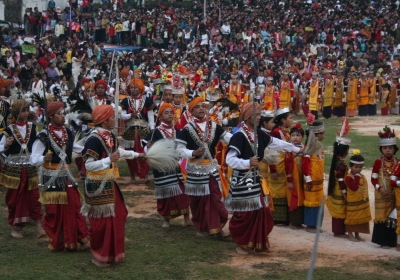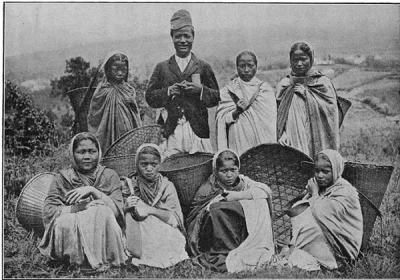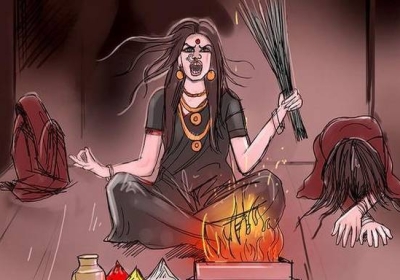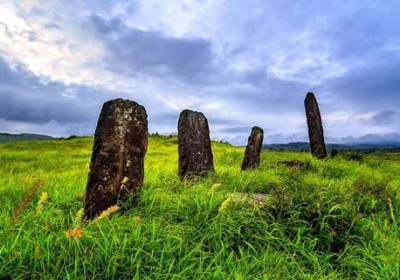KHASI MATRILINEAL CLAN LINEAGE: THE DYNAMICS OF SOCIAL CHANGE
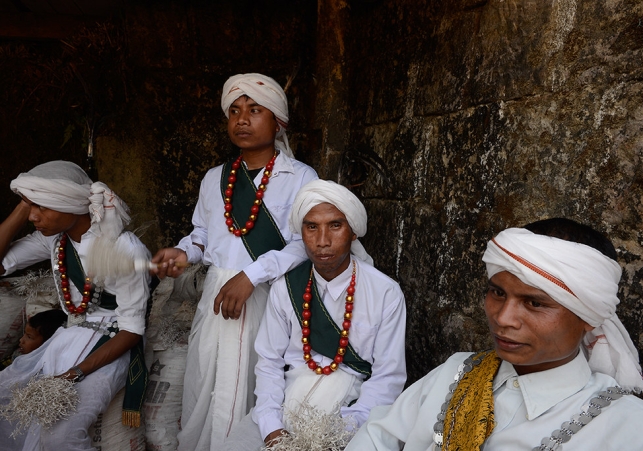
The cultural shock and the major social changes that had taken place after the British colonial supremacy have laid indelible impression in the society, through legislative and judicial constitution of administrative mechanism and law proceedings that was inherited thereafter in the modern democratic set up within the jurisdiction of the union government of India. Prior to the British invasion, there are influences and counter influences of customs and usages with the neighbouring communities around the periphery of the Khasi territory, which were dynamic and congenially acceptable till they became the local customary law. However, the approach and attitude of erstwhile British government officials is to interpret customary law according to their own subjective consideration and intention to be implemented by imposition without any further scrutiny and analysis on the grassroots situation. There are many social changes at the behest of the British colonial supremacy and the most significant is the composition of family structure and the institution of the maternal uncle at every strata of the domestic and territorial administration. Earlier the family structure of the Khasi people comprised of the maternal family inherited from the first mother living together in a cluster of the clan members and expanded according to the prosperity of the clan through the daughters who became young mothers and constitute their separate family entity. With the advent of British supremacy and the Welsh Christian mission, the family structure change from the maternal to the patriarchal structure of family, because most Khasi men must have felt more inclined and preferred to prolonged the stay with his wife and to remain with the family. Since the maternal family composition is still valid and the women were to remain in the hearth of the mother, the husband is compelled to live with his wife at her mother's house, and this is the emergence of a new custom that men should pack his belongings from the house of the mother and shifted to the house of his wife. Gradually, the Khasi men became more closer to his children than to his nephews and nieces. However, a married man still went to his mother's house regularly to look after the welfare of his sisters and her children, even as the fathers or husbands of his sisters were the provider of the family of their wives. This is the burden upon the Khasi men to care for both the family of his mother and the family of his wife, while the Khasi women are receiving favours from both their maternal uncles or brothers and from their husbands. In the course of time Khasi men became unstable in their occupation. The personal income that they have earned, they are not sure whether to invest in the house of their mother or their wives, and this situation compelled them to keep on hold the major portion of the resources that they have earned until it liquidated without proper savings. This imbalance has demoralised the spirit of the Khasi men and optimised the capacity of the Khasi women, particularly the youngest daughter or sister. In the course of time, the custodian became the sole owner, overriding the legitimacy of all the other siblings.
The present trend is usually occured that the youngest daughters more than often resorted to swindling all the ancestral properties and family possessions, even at the cost of deserting their parents and elder sisters and brothers. Furthermore, the most terrible situation is when the youngest daughter marries a person of another community, who is unscrupulous and follows a patriarchal system, where these young women are capable of absolute conversion to the patriarchal culture of their husband, in terms of personal conduct, dress, cultural behavioural pattern and even religion. Therefore, the cultural strength of the elder sisters and brothers bacame futile, when the soft target is aimed at the youngest daughter, who is holding the economic bastion and susceptible to factional opinion of the popular patriarchal culture. There are recurring instances of the urban glamourous Khasi women married to the elderly rich Khasi men and would lured him of all the personal wealth they have earned in their life time to be written on the woman's name as per tradition. Later, they would resorted to betrayal of trust and abandoned the old man, consequently eloped with young men of another community even against the protest of their children, and usually it happen with the subordinate business staff of their own husband only. Sometimes, the situation could lead to mysterious murder of the legitimate husband to avoid resistance and ensure a stable life with the young man of another community or fled away to the farther territory. Ironically, these type of women would enjoy life during the heydays with their promiscuous lifestyle and became remorseful when the clientele demand has declined due to age factor; but still they would returned back home and stake claimed of ancestral properties, chased away their siblings who have been taken care of the properties all the while and started a new life of repentance from the sins they had committed and became enthusiastically religious. They would be tolerated by society, obviously with the social status restored through the purported social contribution and commanded respect from the masses. These are the random selection from specific factual incidents that are prevalent in the urban society.
Regarding the rural situation, there are persistent indulgence of ancestral inheritance of a large stretch of land and agro-resources to the youngest daughter. Usually they would dispose in piecemeal for lucrative business investment at the behest of certain devious partners, but deprived their own elder siblings for farming or any occupational venture. The transaction might escalated to the extent of outright liquidation of the entire ancestral properties in lieu of a commercial venture which could leads to lavish immoral lifestyle in the metro cities along with the partners, which gradually became bankrupt and resulted in misterious tragedy. These type of women usually ruined their life and sustained their livelihood through prostitution or resorted to other illegal occupations. The impact of several such indulgences led to tremendous wastage of local resources due to the absence of protective social mechanism,which was earlier the prerogative of the maternal uncles. These are the major and common occurences in Khasi society, over and above the several similar incidents of excesses that have been taken place every now and then. The current matrilineal and Christian traditions could tolerate such disgraceful indulgences, and the authority of the maternal uncle has vanished in to the careless interpretation of Khasi customary laws by the British colonial trespassers. Therefore, it is pertinent to rejuvenate, revitalise and empower the institution of the maternal uncle as the supreme authority in consultation with the family council to keep at bay such deteriorated traditional laws.
It must be mentioned that there are equally several infamous men with irresponsible behaviour, negligence, illicit relationship, arrogance, and several other social stigmat that are instrumental in the deterioration of social and cultural values, even as it hardly affected tangible properties. Nevertheless, at present there is an emerging trend that the old parents have realised the lacunae in the matrilineal system as interpreted by the British colonial rulers. As long as the defected law prevailed, few of the new generation of urban parents have relied the responsibility of their properties with the sons and the trend is proven to be favourable, prospective and sympathetic to the aged parents. This is not a general statement, but a careful study and analysis on certain well to do elite families, which could impacted in the entire Khasi community, particularly in the progressive economic stronghold. However, this trend facilitated the improvement in the economic condition of the community, but the social and cultural situation needs another approach to strengthen the matrilineal system with the dynamics of the prevailing situation. Both the tangible and intangible social and cultural properties must be safeguarded for the future prospect of the entire community.


